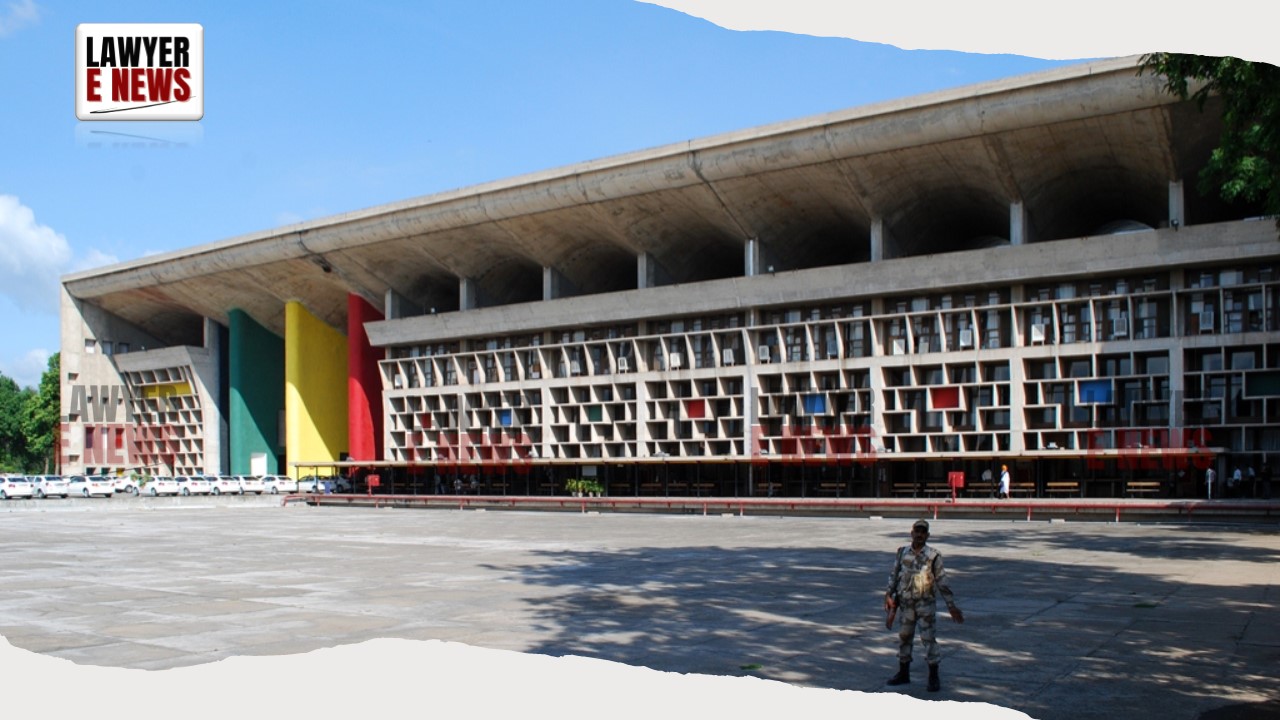-
by sayum
16 February 2026 7:15 AM



Burden of Proof Lies on the Propounder of the Will - Punjab and Haryana High Court dismissed a civil revision petition and upheld the trial court's decision allowing the plaintiff to lead rebuttal evidence in a Will dispute. The court reaffirmed the settled legal principle that the onus of proving the execution of a Will lies on the propounder, and once such evidence is led, the plaintiff is entitled to rebut the same.
The case arose from a dispute over a Will dated June 29, 2000, purportedly executed by Randhir Singh in favor of defendant No.1, Mohan Singh (since deceased). The plaintiff, Gurdeep Singh, challenged the authenticity of the Will and sought a declaration that it was forged and fabricated. The Civil Judge (Junior Division), Ludhiana, framed an additional issue on May 10, 2023, placing the burden of proving the execution of the Will on the defendant.
During trial, after the defendant presented evidence to support the Will, the plaintiff sought to introduce rebuttal evidence. The defendant filed an application to discard the plaintiff’s affidavit in rebuttal, arguing that the plaintiff should have led all his evidence in the affirmative rather than reserving it for rebuttal. The trial court dismissed this application, leading the defendant to file the present revision petition under Article 227 of the Constitution of India before the High Court.
Justice Vikas Bahl, while dismissing the revision petition, held that the trial court had rightly allowed the plaintiff to lead rebuttal evidence. The court emphasized that in Will disputes, it is the duty of the propounder to prove the Will’s execution as per Section 68 of the Indian Evidence Act, 1872, and Section 63 of the Indian Succession Act, 1925. Only after the Will is prima facie proved does the burden shift to the objector to demonstrate any forgery or suspicious circumstances.
The court relied on the precedent set in Smt. Kanwaljit Kaur Bedi v. Paramajit Singh Sawhney & Ors., (2020) 1 RCR (Civil) 521 (P&H), which held that a plaintiff is not required to prove a negative in the first instance and has the right to rebut evidence regarding a Will's execution. It also cited Ramesh Lakhanpal v. Neetu Sharma, CR-5453-2024, which reaffirmed that the propounder must first prove the Will’s execution before any burden shifts to the objector.
Justice Bahl concluded, “The onus of proving the Will’s validity lies squarely on the propounder. Once the defendant led evidence to prove the Will’s execution, the plaintiff had every right to introduce rebuttal evidence. The trial court’s decision is legally sound and warrants no interference under Article 227.”
Dismissing the revision petition, the High Court upheld the order dated September 13, 2024, passed by the Civil Judge (Junior Division), Ludhiana, and reiterated the limited scope of interference under Article 227, which can only be exercised in cases of jurisdictional error or manifest injustice.
This ruling clarifies the procedural rights of litigants in Will disputes, reinforcing the principle that the burden of proof rests on the propounder, and the objector retains the right to rebut evidence rather than preemptively proving the absence of validity.
Date of Decision: 30 January 2025
